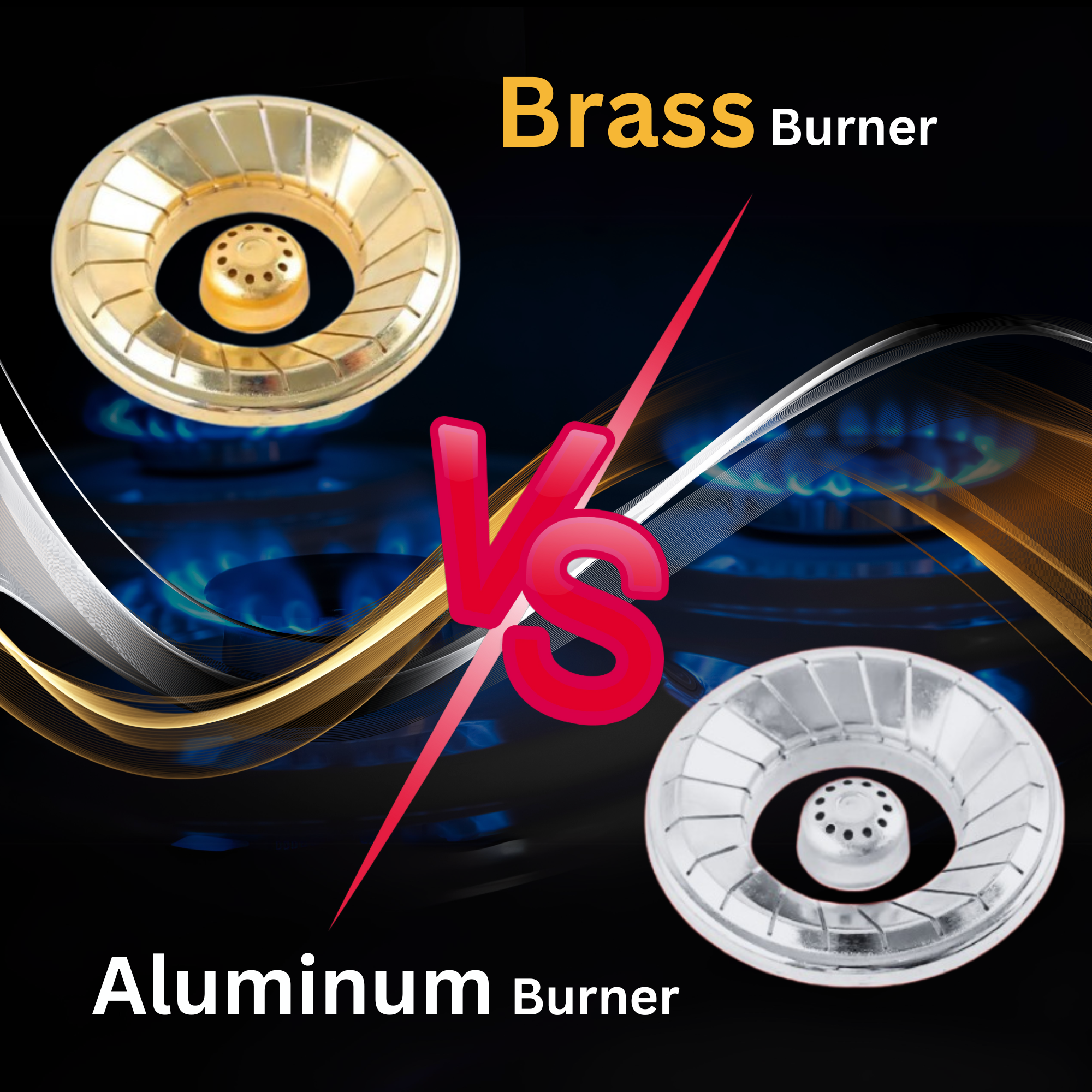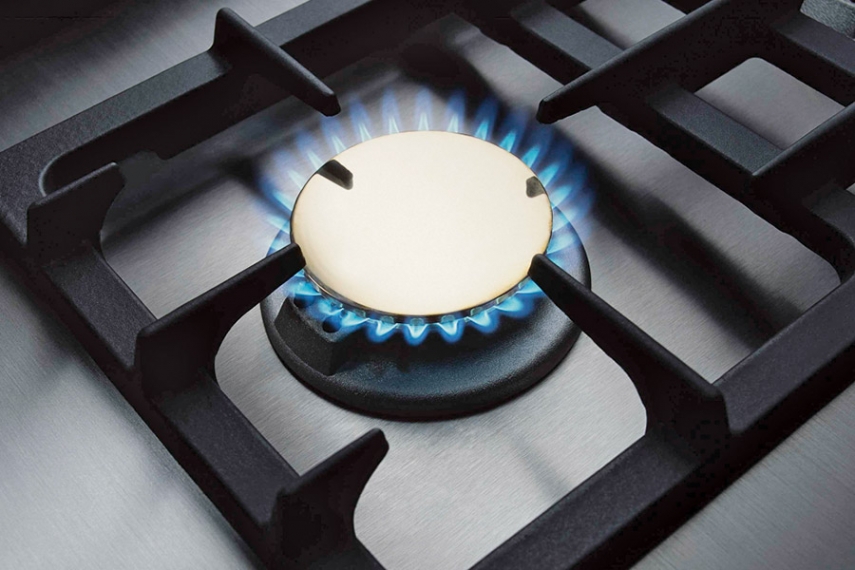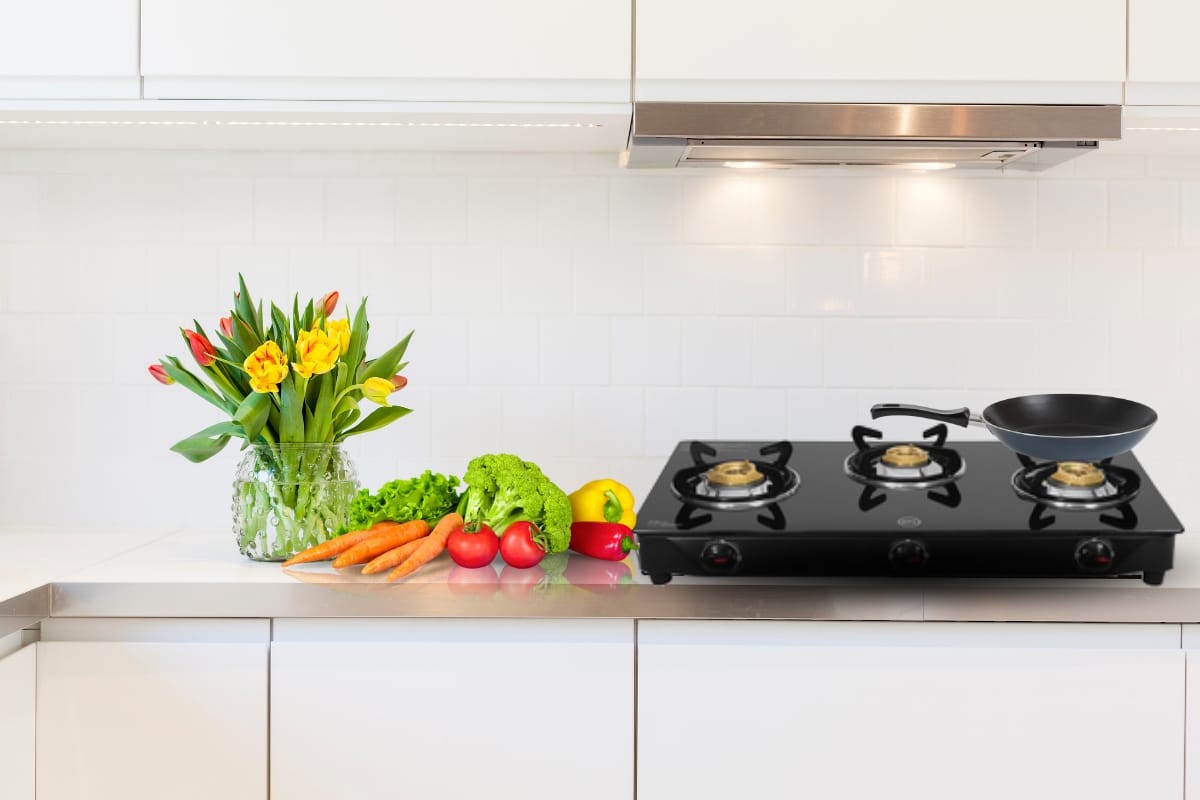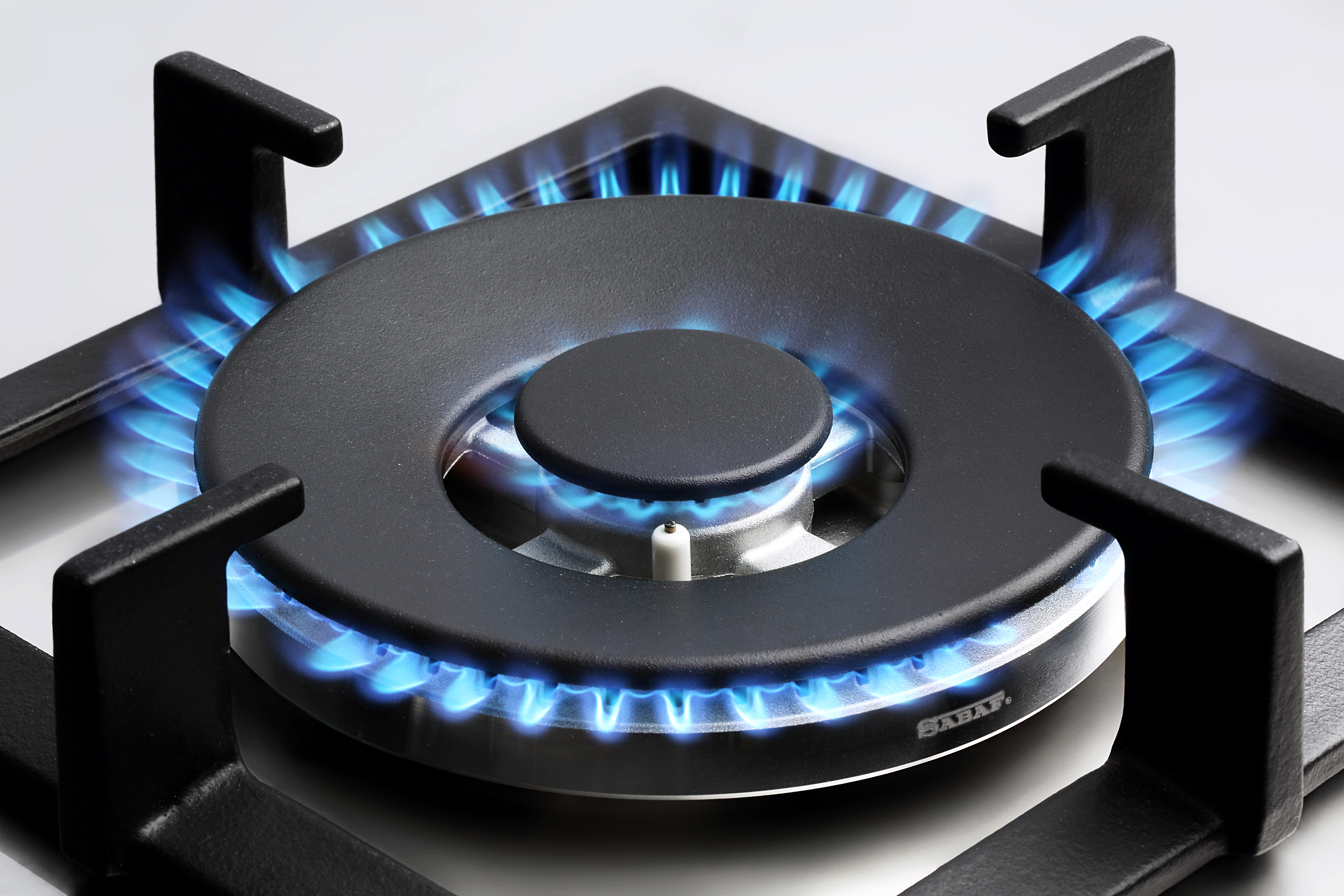Brass or aluminum, which burner is best for a gas stove?
Published on 2024-02-29

Introduction:
Selecting the right burner for your gas stove is crucial for achieving optimal cooking results. Brass and aluminum are two popular materials used in burner construction, each offering distinct advantages. In this blog post, we'll delve into the characteristics of brass and aluminum burners to help you determine which one is best suited for your kitchen needs.
Brass Burners: Merits
Even Heat Distribution:
Brass burners are renowned for their ability to distribute heat evenly across the cooking surface. This ensures that your food cooks consistently, without any hot spots

Durability:
Brass is a robust material that can withstand high temperatures and heavy cookware. This durability translates to a longer lifespan for your burner, making it a worthwhile investment.
Longevity:

With proper maintenance, brass burners can last for many years, providing reliable performance for all your cooking endeavors.
Limitation:
Higher Cost: Brass burners typically come with a higher price tag compared to aluminum alternatives. However, the long-term benefits may outweigh the initial investment.
Maintenance: Brass requires regular cleaning to prevent tarnishing and maintain its appearance. While this upkeep is necessary, it ensures that your burner continues to perform optimally
Aluminum Burners:Merits
Affordability:

Aluminum burners are generally more budget-friendly, making them an attractive option for cost-conscious consumers.
Lightweight:
Aluminum is lighter than brass, making it easier to handle during installation and cleaning processes.
Quick Heating:
Aluminum heats up rapidly, allowing for faster cooking times and increased efficiency in the kitchen.
Limitation:
Uneven Heat Distribution: Aluminum burners may not distribute heat as evenly as brass, leading to potential hot spots and uneven cooking results.
Durability Concerns: Aluminum is softer than brass and may be more prone to warping or damage over time, especially with prolonged exposure to high heat.
Conclusion:
In conclusion, both brass and aluminum burners have their own set of advantages and disadvantages. If you prioritize even heat distribution, durability, and longevity, a brass burner may be the ideal choice for your gas stove. However, if affordability and quick heating are your main considerations, an aluminum burner could be a suitable alternative. Ultimately, the decision comes down to your individual preferences, cooking habits, and budget constraints. Whichever option you choose, investing in a high-quality burner will enhance your culinary experience and ensure delicious meals for years to come.
























